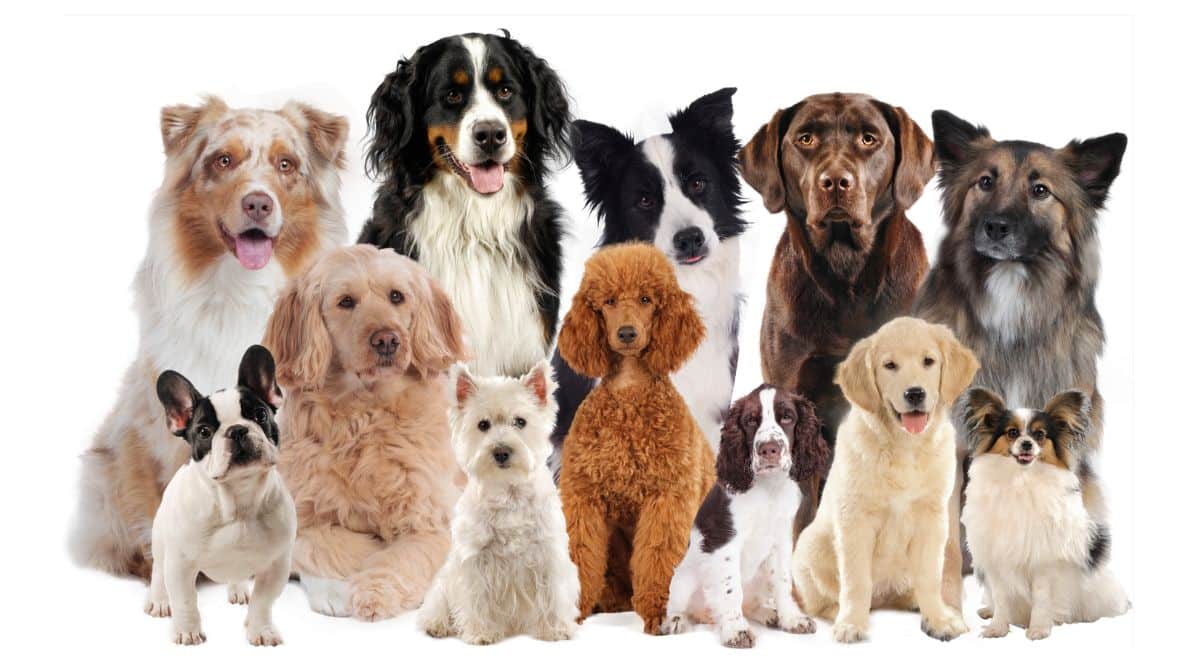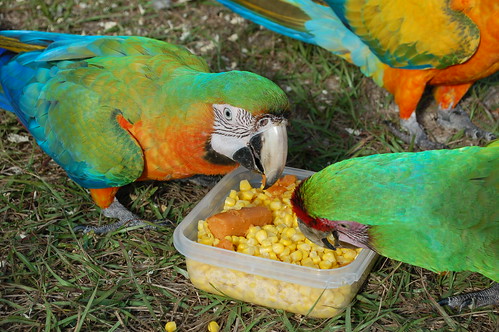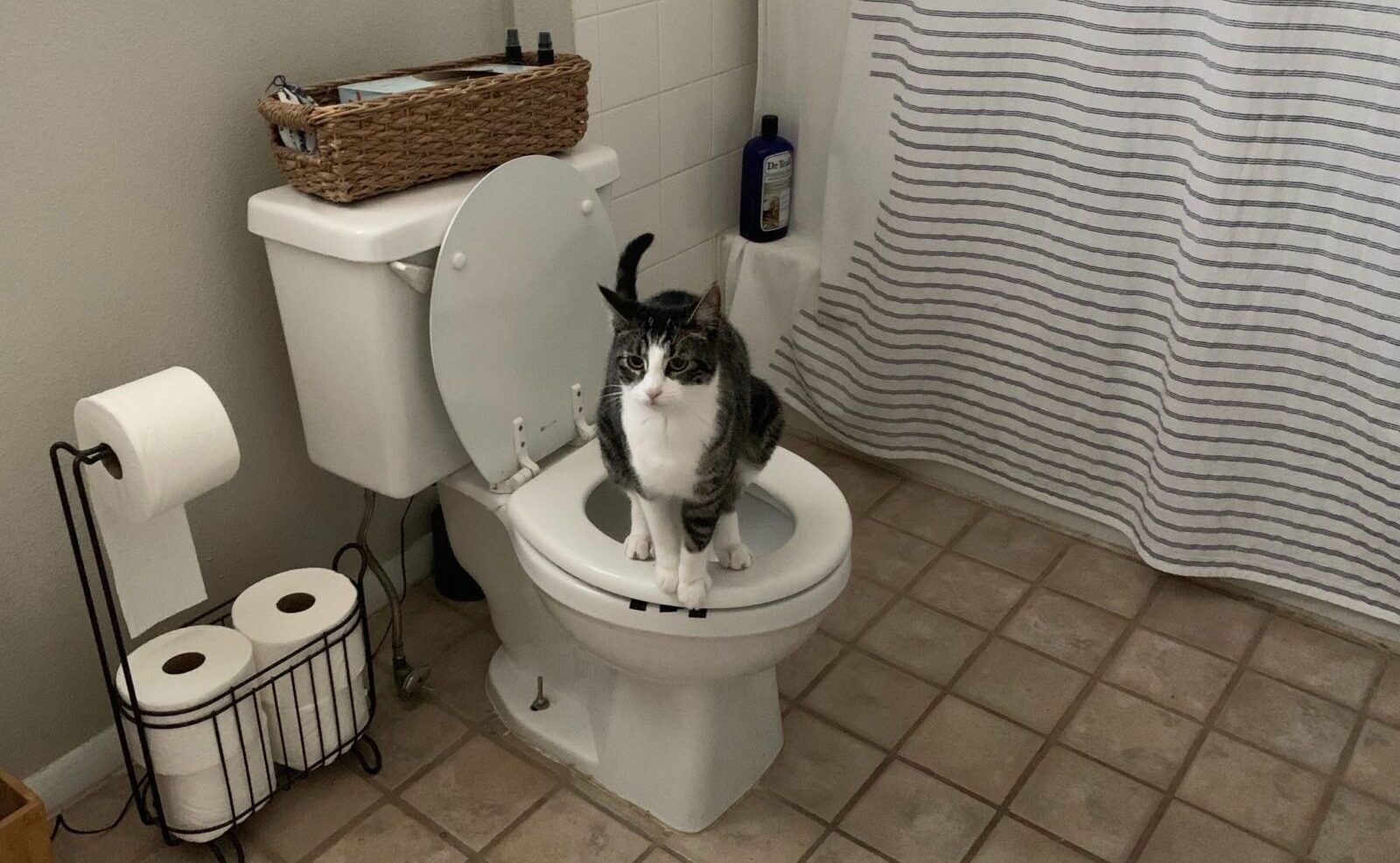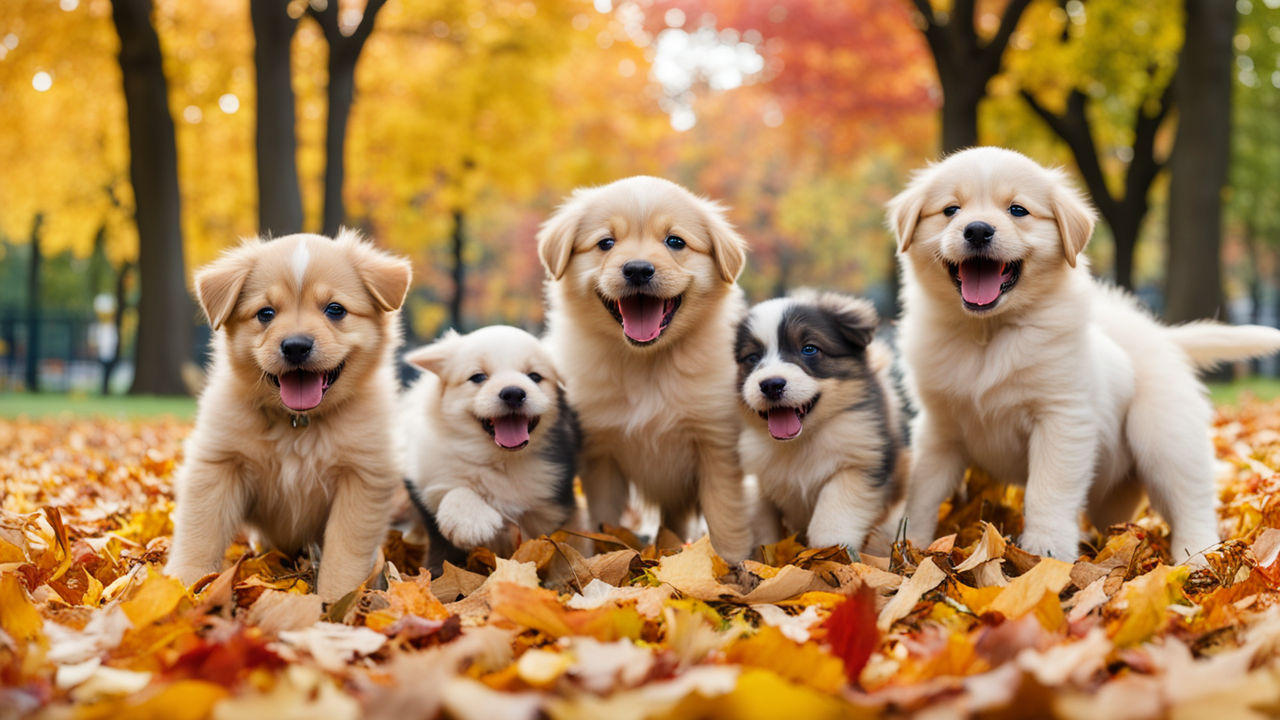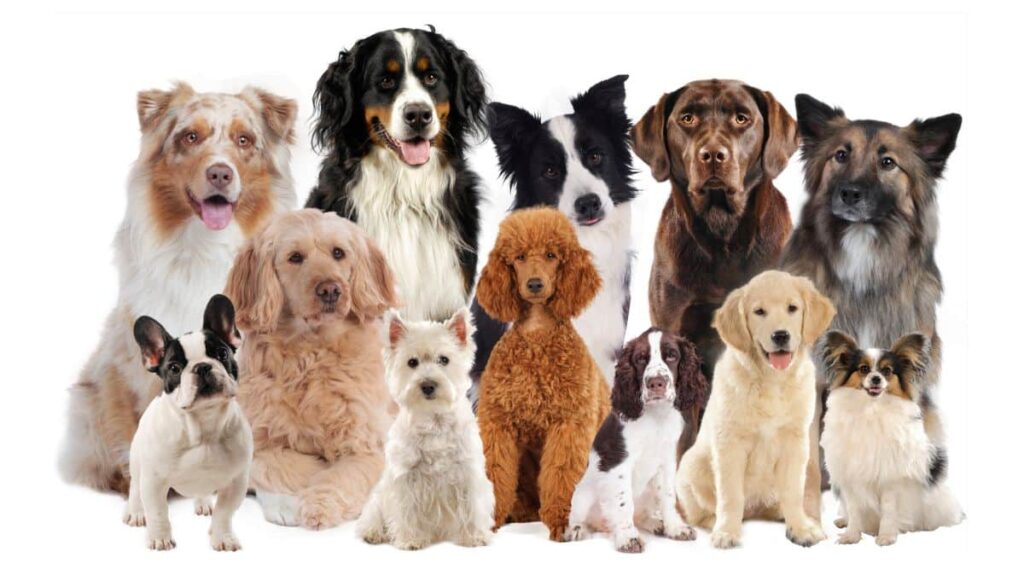
Low maintenance guard dogs can provide a sense of security while requiring less grooming and exercise than other breeds. Here, we’ll explore five of the best low-maintenance guard dog breeds, highlighting their strengths and advantages.
1. German Shepherd
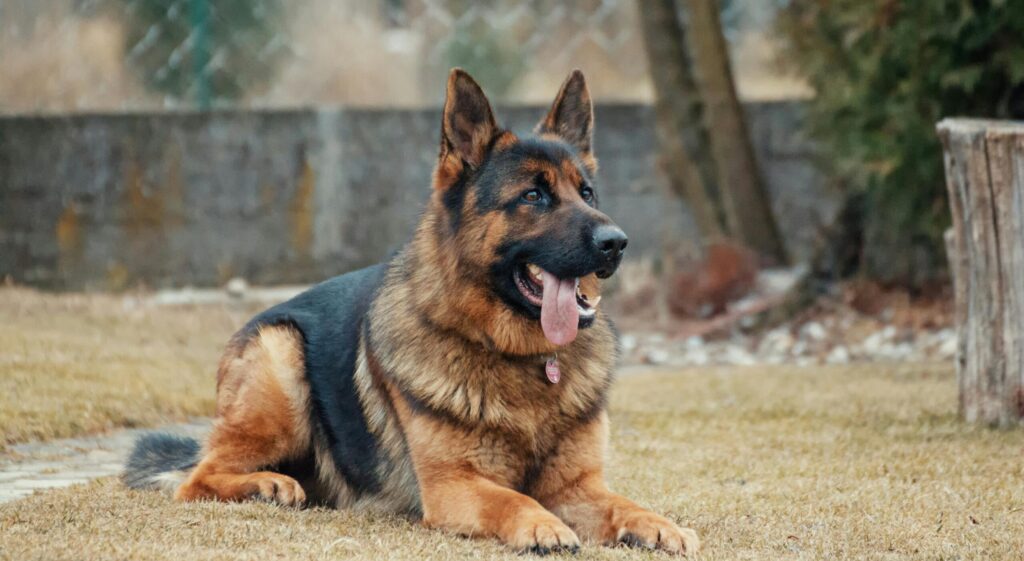
Overview
German Shepherds are often considered the quintessential guard dog due to their intelligence, strength, and versatility. They are widely used in police and military roles, showcasing their capability in protection and obedience.
Strengths and Advantages
– Intelligence and Trainability: German Shepherds are highly intelligent and eager to please, making them relatively easy to train. They excel in obedience training and can learn various commands and tasks quickly.
– Loyalty: This breed is known for its loyalty to family members, making them excellent companions as well as protectors.
– Versatility: German Shepherds can adapt to different roles, whether as a family pet, service dog, or working dog in various capacities.
– Low Grooming Needs: While they do shed, regular brushing helps manage their coat, making them relatively low maintenance in terms of grooming.
2. Bullmastiff
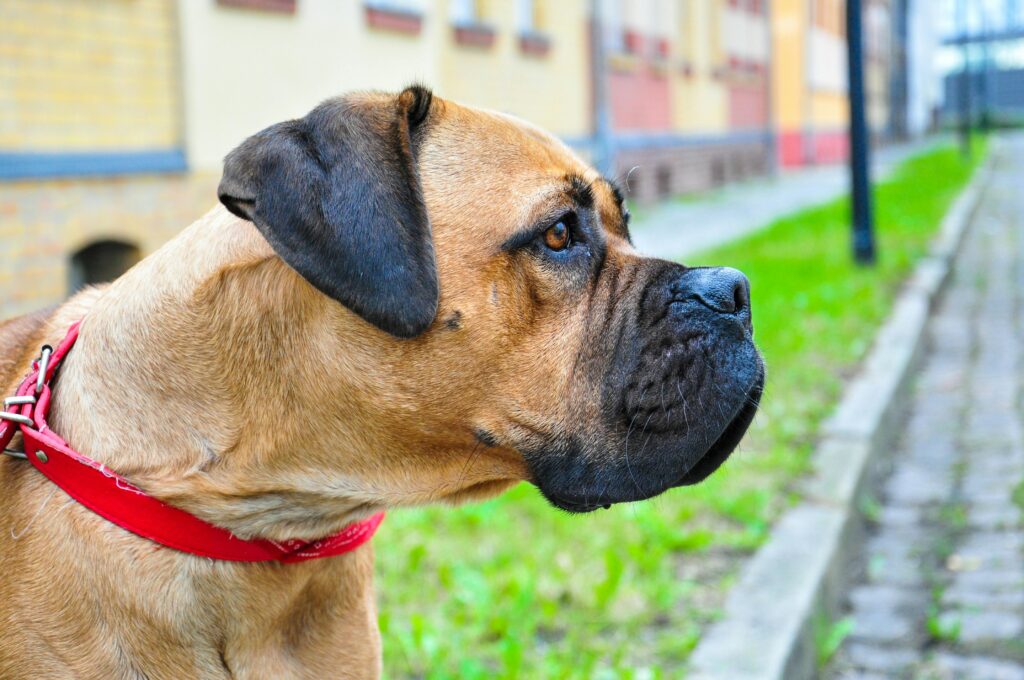
Overview
The Bullmastiff is a large, powerful dog known for its protective instincts and calm demeanor. This breed is an excellent choice for families looking for a gentle giant that can also serve as a guardian.
Strengths and Advantages
– Calm Temperament: Bullmastiffs are known for their laid-back nature, making them great companions for families, including those with children.
– Natural Guarding Instincts: Their imposing size and protective nature deter potential intruders without requiring aggressive behavior.
– Minimal Exercise Requirements: They are not overly energetic and can be satisfied with moderate exercise, making them suitable for families with busy lifestyles.
– Low Grooming Needs: The Bullmastiff has a short coat that requires minimal grooming, making them easier to care for.
3. Doberman Pinscher
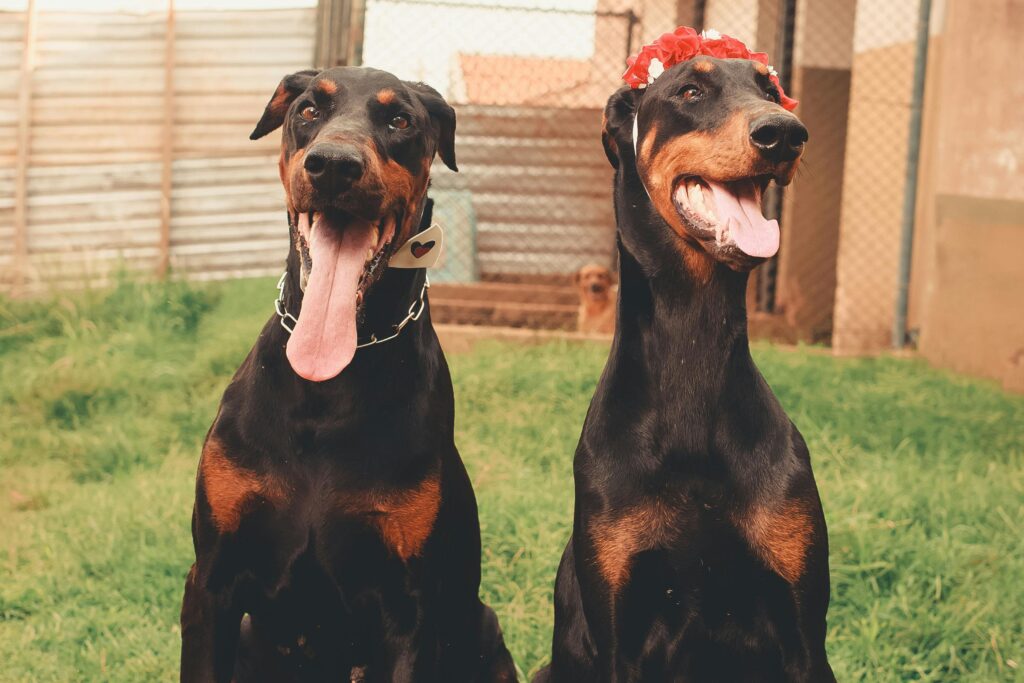
Overview
Doberman Pinschers are known for their athletic build, intelligence, and loyalty. They are often used in security roles due to their alertness and protective instincts.
Strengths and Advantages
– High Intelligence: Dobermans are quick learners and respond well to training, making them excellent candidates for obedience and protection training.
– Alertness: Their keen senses enable them to detect potential threats quickly, making them effective watchdogs.
– Loyal Companions: Dobermans form strong bonds with their families and are known to be affectionate and protective.
– Low Grooming Needs: With their short coat, Dobermans require minimal grooming, although they do need regular exercise to stay healthy and happy.
4. Great Dane
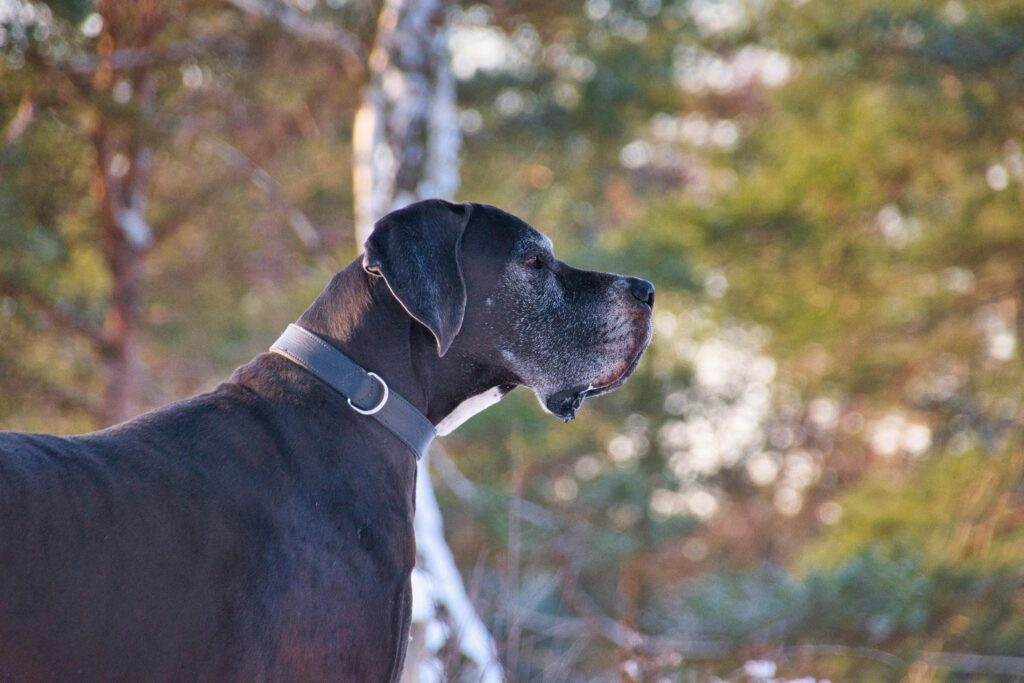
Overview
Great Danes are often referred to as “gentle giants.” Their impressive size can be intimidating, but they are known for their friendly and affectionate nature.
Strengths and Advantages
– Imposing Presence: Their large stature can deter intruders simply by being present, providing a sense of security without aggressive behavior.
– Friendly Nature: Great Danes are typically good with children and other pets, making them excellent family dogs.
– Low Grooming Requirements: They have short coats that require minimal grooming, making them easy to maintain.
– Moderate Exercise Needs: While they do need regular exercise, Great Danes are generally content with walks and playtime, making them suitable for families with varying activity levels.
5. Rottweiler
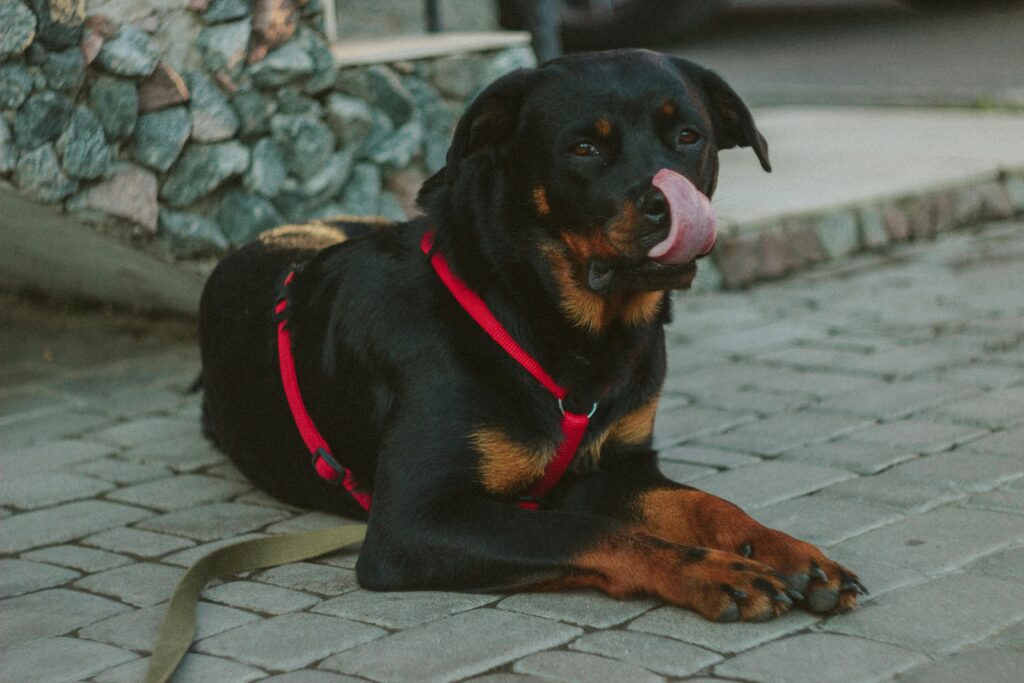
Overview
Rottweilers are known for their strength, confidence, and loyalty. They have a long history as working dogs and are highly regarded for their protective instincts.
Strengths and Advantages
– Protective Nature: Rottweilers are naturally protective of their families and homes, making them excellent guard dogs.
– Loyal Companions: This breed forms strong bonds with their owners and is known for their affectionate nature towards family members.
– Trainability: Rottweilers are intelligent and respond well to consistent training, making them manageable as both pets and protectors.
– Low Grooming Needs: Their short coat requires minimal grooming, and they are generally low maintenance in terms of care.
Conclusion
To conclude this piece, it’s obvious from the analyses above that choosing a low-maintenance guard dog involves considering various factors, including temperament, size, and exercise needs. The German Shepherd, Bullmastiff, Doberman Pinscher, Great Dane, and Rottweiler all offer excellent protection while being relatively easy to care for. Each breed has unique strengths that make them suitable for families seeking companionship and security. With proper training and socialization, any of these breeds can become a loyal protector and beloved family member. Got something to say about the article? Let’s have your thoughts below.
